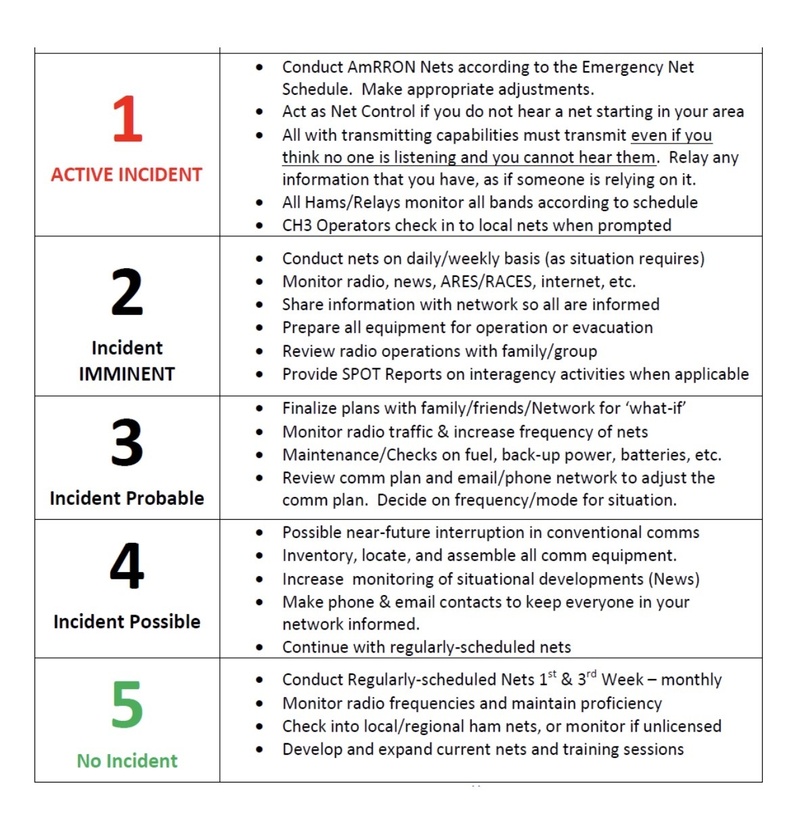
We know what’s coming and we are prepared.
Bluff or reality: Netenyahu’s plan for Lebanon invasion unfolds
The operation carried out by Israel on Hezbollah’s pagers and radios on Tuesday and Wednesday was, by any measure, impressive.
On Tuesday, Israel infiltrated Hezbollah's supply network, planting PETN explosives in communication devices. While the details of how the explosives were placed were still being debated, on Wednesday, radios began exploding during the funeral of the son of Hezbollah MP Ali Ammar, who had died in the previous day’s attack.
Although this operation was seen as an attempt by Israel to weaken Hezbollah before any ground invasion into Lebanon, 48 hours later, Israeli forces had not crossed the border. However, Israel gained a significant psychological advantage over Hezbollah.
Israeli officials, particularly Prime Minister Netanyahu, seemed unsatisfied with Hezbollah’s shock. Immediately after Tuesday’s pager attack, the Israeli cabinet granted Netanyahu and Defense Minister Galant the authority to initiate actions against Hezbollah, potentially leading to full-scale war in Lebanon. Galant remarked that the center of gravity of the conflict had shifted north.
High-ranking Israeli officers speaking to Clash Report noted that the U.S. had expressed displeasure with Israel’s recent actions.
One Israeli officer commented, “Are we stronger than in 2006? I don’t think so. Our firepower may be sufficient for a contained area like Gaza, but it’s not sustainable for Lebanon. The Americans have voiced their concerns to Tel Aviv about a war with Hezbollah.”
When asked if the Israeli army could succeed in Lebanon, the officer said the public debate was missing the real issue:
“Can we enter Lebanon? Absolutely. For an army, opening a front is never the problem—it’s getting out that’s the challenge. I don’t think the Prime Minister or his advisors are accurately conveying the real issue in Lebanon. In the list of options to deal with Hezbollah, a military operation is the last of the top five.”
Another officer stationed near the Lebanese border suggested that Netanyahu’s talk of entering Lebanon was a bluff, but warned that if pushed, he might proceed at any cost.
“It’s a bluff. Look at our losses in Gaza over the past ten months. Reserve forces arrived, but frankly, they were more of a burden. Entering Lebanon to fight Hezbollah on their territory will cause massive losses,” the officer said, adding that the army had presented a long-term, target-focused plan to Tel Aviv as an alternative to invasion.
When asked about Netanyahu’s likely response to the plan, the officer said, “I’m not sure how seriously they’ll consider it. He may have already given the order for an invasion—I don’t know.”
Towards the end of the interview, the officer commented on the mood within the Israeli army regarding a potential ground operation in Lebanon:
“It’s complete chaos. The reserve forces are eager, and Netanyahu’s supporters are the same. But within the professional army, there are serious doubts.”
Meanwhile, Hezbollah is struggling with communication issues and is not in a position to respond quickly.
This guy wrote a 25 line Python script he claims "can probably unredact all of the Epstein files in less than 30 seconds".
"I am not suicidal, I am a great swimmer, and I look forward to living my life well into my 80s."
Follow @RealWideAwakeMedia for more content like this!
Merch: https://wideawake.clothing
X | YT | IG | Rumble
US / Iranian Conflict
Raising to AmCON 3 (Incident Probable)
Due to the following: deteriorating negotiations between the United States and Iran; the surge in the past 48 hours of “final stage” US military assets into the Middle East; vacating US personnel from bases in Syria; the “Fatwa” issued last summer by Iranian clerics in the Summer of 2025 calling Muslims around the world to rise up if Iran is attacked; the numerous reports of Iranians who have infiltrated the US southern border in recent years and the warnings of “sleeper cells” in the United States, AmRRON is raising the AmCON one level, to Level 3 (Incident Probable).
AmRRON Special Guidance and Instructions:
AmRRON will remain at AmCON 3 until further notice, and we will continuously be monitoring the situation. Additional changes to the AmCON level, and any special instructions or guidance, will be posted here, as well as through the AmRRON member Telegram Channel, the AmRRON Corps Z-Net, and the AmRRON Mobile Team App....

If you’re a parent, this should make your stomach drop!
Every year, millions of families across America proudly display school photos of their children.
On refrigerators. In picture frames. Sent to grandparents and relatives across the country.
But here’s what most parents are never told…
Those school photos are taken by Lifetouch — the largest school photography company in America.
Lifetouch is owned by Shutterfly.
Shutterfly was acquired by Apollo Global Management.
And Apollo Global Management was co-founded by Leon Black — a name that appears in the Epstein files.
That means millions of children’s images are uploaded into databases every single year by a corporate structure tied to someone connected to Epstein.
Let that sink in!
https://vxtwitter.com/i/status/2019500982997041332


















